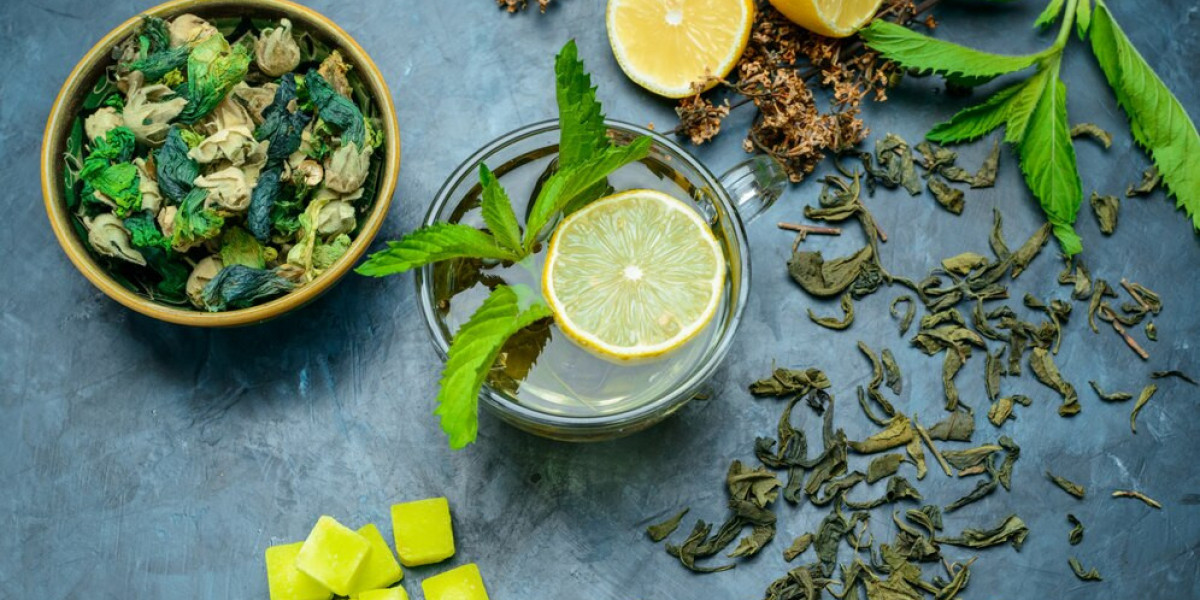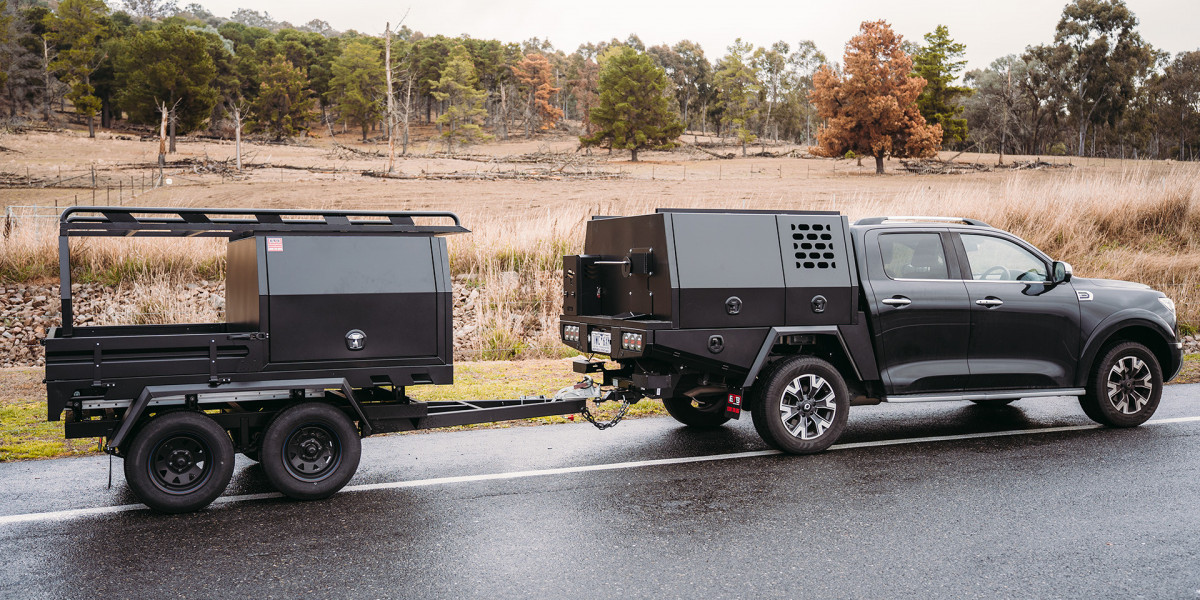The CBD (cannabidiol) beverage market has seen rapid expansion, driven by increasing consumer interest in wellness products. However, despite its growth potential, this market faces several significant pain points that hinder its progress. From regulatory uncertainties to supply chain issues, various challenges must be addressed for the industry to thrive.
1. Regulatory Uncertainty and Legal ComplexitiesOne of the biggest hurdles in the CBD beverages market is regulatory uncertainty. While the 2018 U.S. Farm Bill legalized hemp-derived CBD at the federal level, the Food and Drug Administration (FDA) has yet to provide clear guidelines regarding its use in food and beverages. This lack of federal oversight creates confusion for manufacturers and retailers, leading to inconsistent policies across different states and countries.
Additionally, CBD regulations vary widely worldwide. Some countries have fully embraced CBD-infused beverages, while others impose strict restrictions or outright bans. Companies looking to expand internationally must navigate complex legal landscapes, increasing compliance costs and operational difficulties.
2. Lack of Consumer Awareness and MisinformationDespite the growing popularity of CBD, many consumers remain unaware of its benefits and safety profile. Misinformation about CBDs effects, legality, and potential health risks creates skepticism among potential customers. Some people still associate CBD with THC (tetrahydrocannabinol), the psychoactive component of cannabis, fearing legal or health-related repercussions.
Educational efforts are crucial to dispelling myths and building consumer confidence. Brands must invest in marketing campaigns that provide scientifically backed information, helping consumers understand the true benefits of CBD beverages.
3. High Production and Compliance CostsThe production of CBD-infused beverages involves stringent quality control measures, third-party lab testing, and compliance with evolving regulations. These requirements drive up production costs, making CBD beverages more expensive than conventional drinks. From sourcing high-quality hemp to ensuring accurate CBD dosing, manufacturers must invest in sophisticated extraction and infusion technologies.
Additionally, companies must conduct extensive research and development (RD) to formulate stable CBD beverages that maintain efficacy and taste over time. These added expenses can make it difficult for startups and smaller brands to compete with larger players in the industry.
4. Challenges in Distribution and Retail AcceptanceMany mainstream retailers remain hesitant to stock CBD beverages due to regulatory uncertainties and perceived risks. As a result, brands often rely on niche health stores, online sales, and direct-to-consumer (DTC) models to reach customers. While e-commerce provides an opportunity for growth, it also presents challenges such as digital advertising restrictions and banking limitations for CBD businesses.
Additionally, many payment processors and financial institutions consider CBD a high-risk industry, making it difficult for brands to secure merchant accounts and process transactions smoothly. Overcoming these financial and distribution barriers is crucial for the mainstream adoption of CBD beverages.
5. Consumer Taste Preferences and Product InnovationCreating a CBD beverage that appeals to a broad consumer base is a complex task. The natural, earthy taste of CBD can be off-putting for some consumers, necessitating innovative flavor masking techniques. Additionally, CBDs solubility in water-based beverages poses a challenge, requiring the development of nano-emulsion technology to enhance bioavailability and taste consistency.
The market is also witnessing increasing competition, with new entrants offering a variety of CBD-infused drinks, including teas, coffees, sparkling waters, and energy drinks. Brands must continuously innovate to differentiate their products and offer unique value propositions to consumers.
Solutions to Address Market ChallengesWhile these pain points pose significant challenges, the industry has opportunities to overcome them through strategic efforts:
Advocacy for Clearer Regulations: Industry stakeholders must work closely with regulators to push for standardized policies that ensure consumer safety and market stability.
Educational Initiatives: Brands should invest in educational marketing to inform consumers about CBDs benefits and dispel common misconceptions.
Cost Reduction Strategies: Manufacturers can explore cost-effective extraction and production techniques to make CBD beverages more affordable.
Retail Expansion Efforts: Partnering with major retailers and lobbying for broader acceptance can help increase market penetration.
Continuous Product Innovation: RD investment in flavor enhancements and bioavailability improvements will enhance the consumer experience and boost sales.
Conclusion The CBD beverages market holds immense potential, but several pain points continue to slow its progress. Regulatory ambiguity, consumer skepticism, high production costs, retail hesitancy, and product formulation challenges are some of the key barriers. However, with strategic planning, advocacy, and innovation, the industry can overcome these hurdles and pave the way for sustainable growth. As regulatory frameworks become clearer and consumer awareness increases, CBD beverages are likely to carve out a significant niche in the global beverage industry.
Search
Popular Posts
Categories
- Animals & Pets
- Antiques & Collectibles
- Art & Photography
- Auto & Cycles
- Betting Systems
- Books
- Business & Finance
- Children
- Computers / Internet
- Cooking, Food & Beverage
- Crafts
- E-Business & E-Marketing
- Education
- Electronics
- Employment & Jobs
- Enrichment
- Entertainment
- Ethnic
- Fashion & Style
- Fiction
- Games
- Green Products
- Health & Fitness
- Hobbies
- Home & Garden
- Languages
- Lifestyle
- Medical
- Men
- Mobile
- Music
- News & Politics
- Parenting & Families
- Reference
- Religion
- Science & Nature
- Self-Help
- Software & Services
- Spirituality, New Age & Alternative Beliefs
- Sports
- Supplement
- Travel
- United States
- Women
- Sponsored
- Guest Post
- Other









